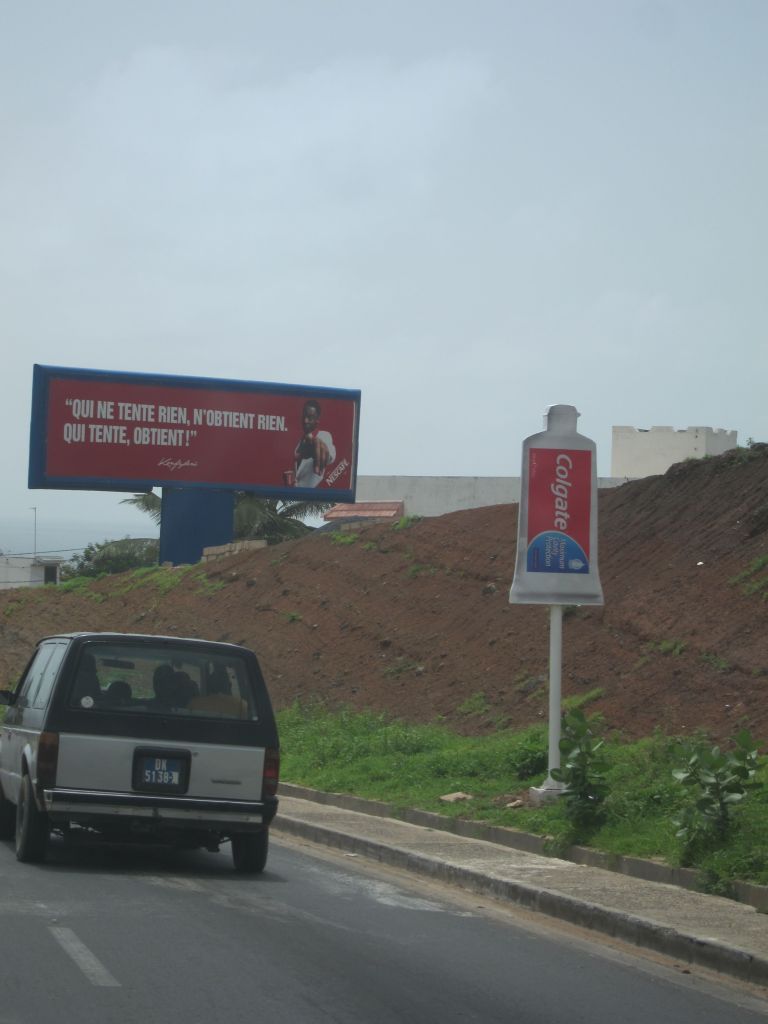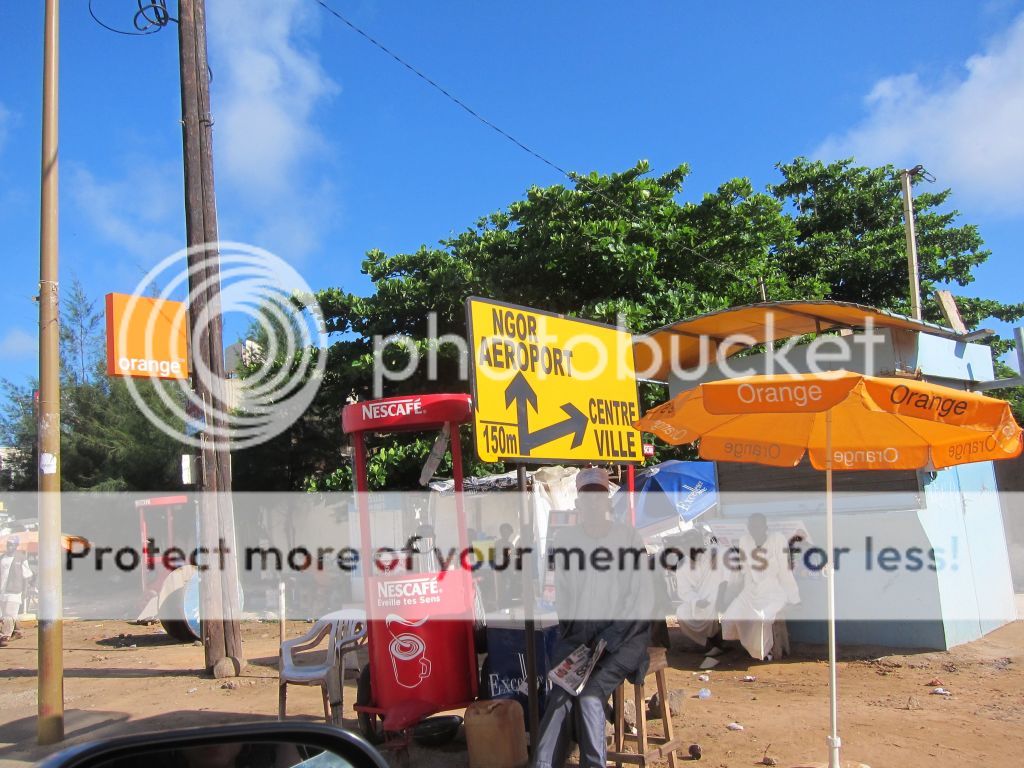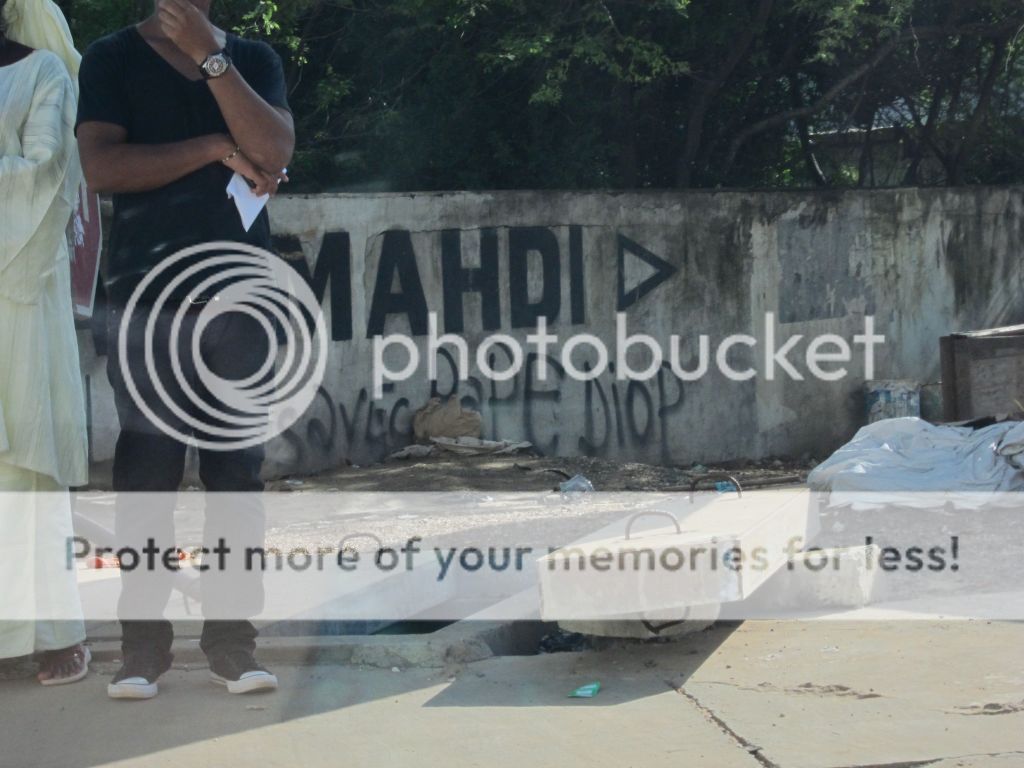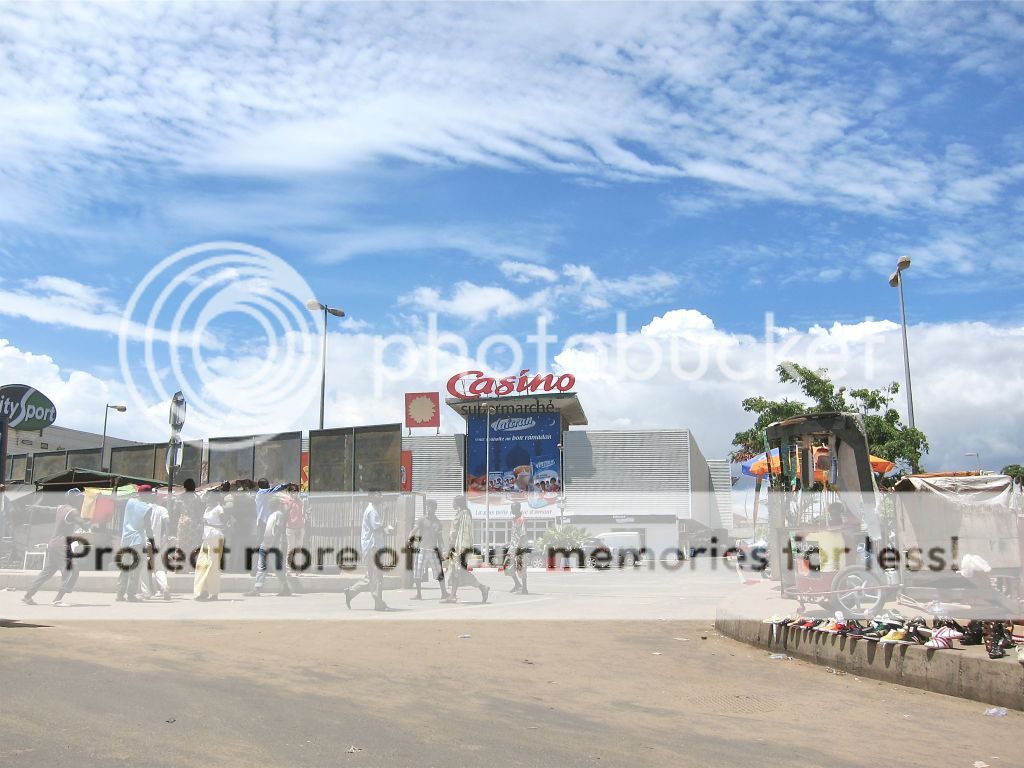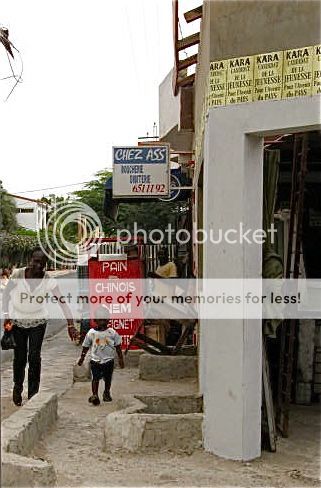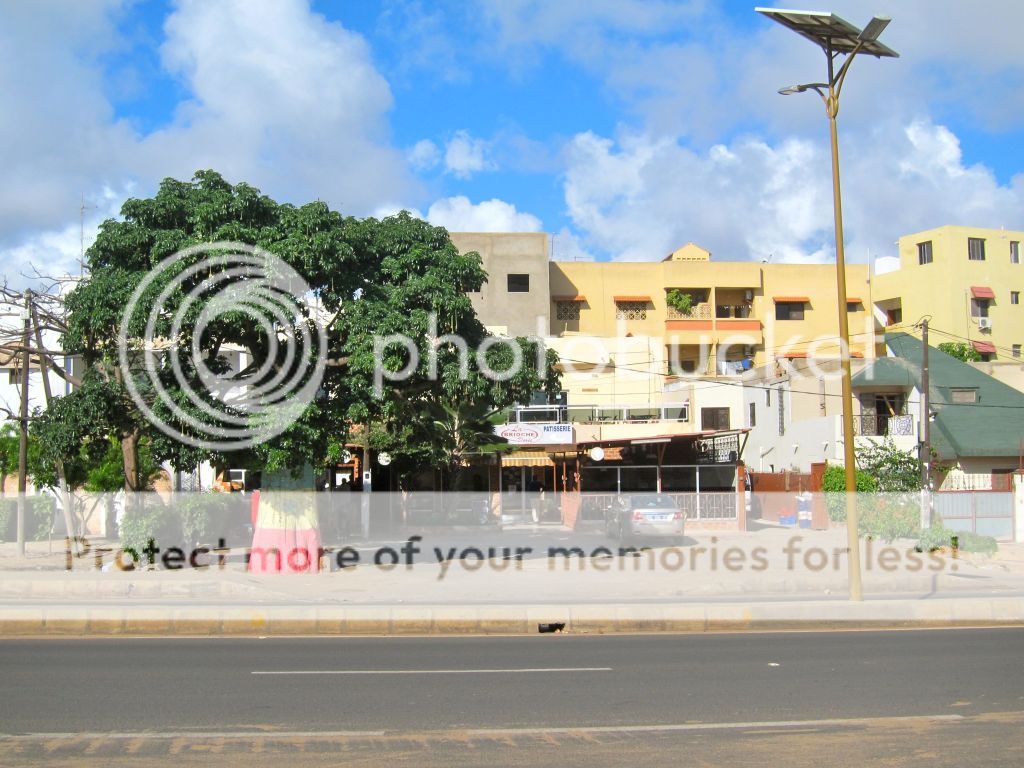“Where is it located?” is probably the question that one least enjoys asking in this country. This became apparent the first (and last) time I asked a local for directions while brandishing Senegal’s admittedly laughable road map. “You don’t need that” I was told as the folding carte routière was cast aside and less scientific means of waypoints were discussed.
Let me give you a taste of the last set of directions that I received:
“It’s just around the corner: Take the bad street to the Hotel XX and follow the street to the Route de l’aéroport. (If you take a cab just cross the main street to take one direction airport). Turn to the left at the roundabout direction airport and just turn right behind the Petrol Station (there is a little fruit stand). Keep right till the end of the street and turn left. The fifth building on the left site is a three floor building plus two floors under construction. 1st floor on the right.”
This was the set of stars by which I steered myself in order to get to a friend’s house the other night. I’m a pro at navigation by now- especially considering that I’ve done a heck of a lot of orienteering over the past 30+ months. If you are not an observant person when you move to a place like West Africa, then you will certainly become one if you plan on finding anything at all. (And here’s a helpful hint: “It’s by the fruit stand” or “It’s next to the mosque” doesn’t always narrow things down in this country.)
(Incidentally, did you notice the random hole in the ground? I wasn’t kidding when I blogged about these bodily hazards last month.)
So if you can’t rely on street signs or even paved roads for guidance, what’s a toubab to do if you went to get from Point A to Point B? Easy: figure out the most popular landmarks.
Case in point: although I have moved out of my apartment, I used to live near the main door of the university. These directions have almost always steered my taximan true in terms of getting myself or others chez moi– even though the “main door” has been torn down and this entrance blocked off for ages.
Still, the probability that people have guarded this waypoint in their memory banks is high, so I continue to use it as a descriptor. Kind of like how the Casino supermarkets used to be called Score years ago, yet when you give directions that involve a Casino, you say, “C’est près du Score” and that is useful guidance. Heck I say this and I never even lived here when it was called Score. Fantastic logic going on in my brain, yet somehow it works.
I am pretty sure that the Garmin GPS makers would take one look at the rat’s nest of unmarked dirt roads in Senegal and opt to not touch this place with a ten foot pole. Additionally, the income level here is such that not many people would avail of that level of technology. Most importantly though, I’d imagine that buying a GPS and going the “I’m going to figure it out myself” route is probably the most un-African thing you could possibly do.
I don’t care how your passport brands your identity – if you’re going to make it here, you are going to need to rely on other people- and a big part of travel in Africa involves asking people for a little assistance. It is only while you are undertaking these little treasure hunts that you come across your most satisfying interactsions. And the term ‘interactions’ really is the best word to use in this circumstance.
A mark of learning how to live richly out here is in mastery of the interaction. Your wealth comes in achieving this with others- and the locals believe in this concept just as much as you should. And maybe that’s one reason why no one has rushed to paper this country with pesky signage. Maybe that’s why no one has bothered to tend to the upkeep of the colonial-era blue and white street signs that you can still spy in Rufisque and Plateau. It’s an unconscious effort to remain true to Africa’s greatest strength: recognizing the significance of human collaboration.
For a person who was initially exasperated by the fact that I couldn’t easily locate a damn thing on my own, I have developed an intense appreciation for Dakar’s mysteries. I more than others really needed to relearn the importance of asking other for direction. Asking others for help.
Who would have thought this life lesson would have come by learning to navigate this country’s mind-boggling patchwork of streets?
